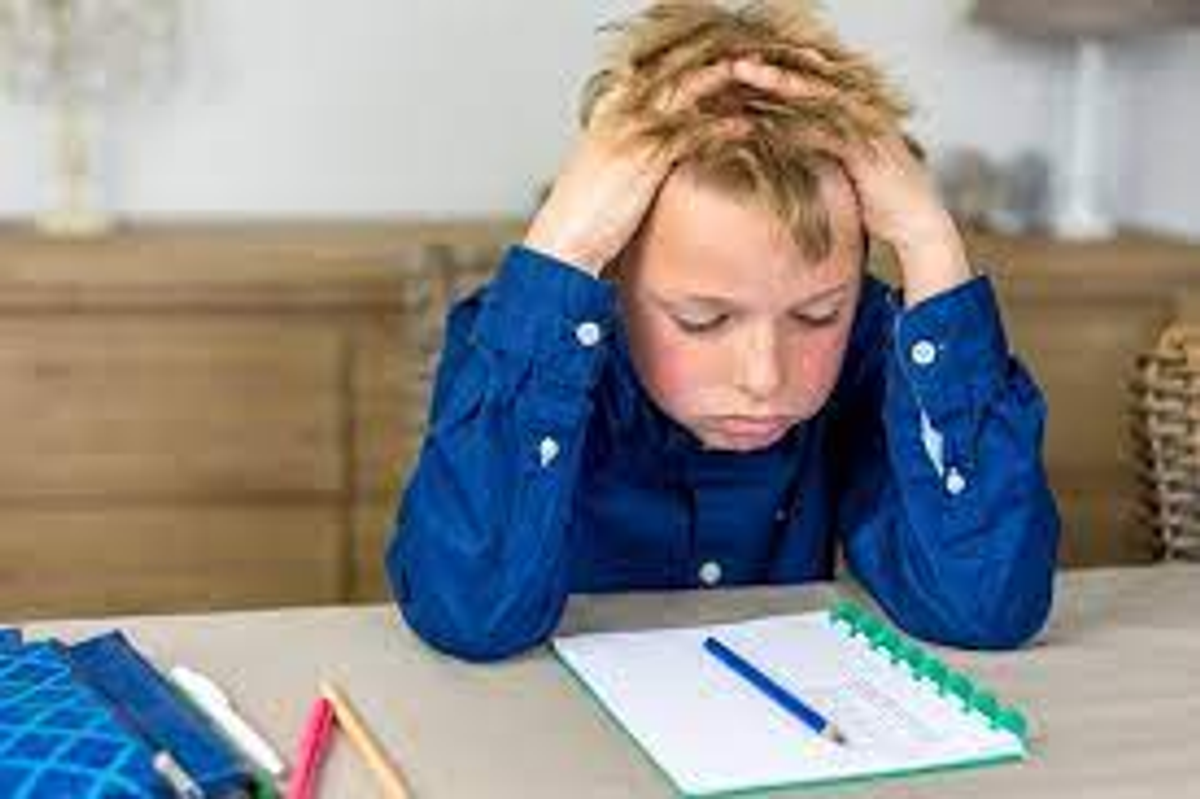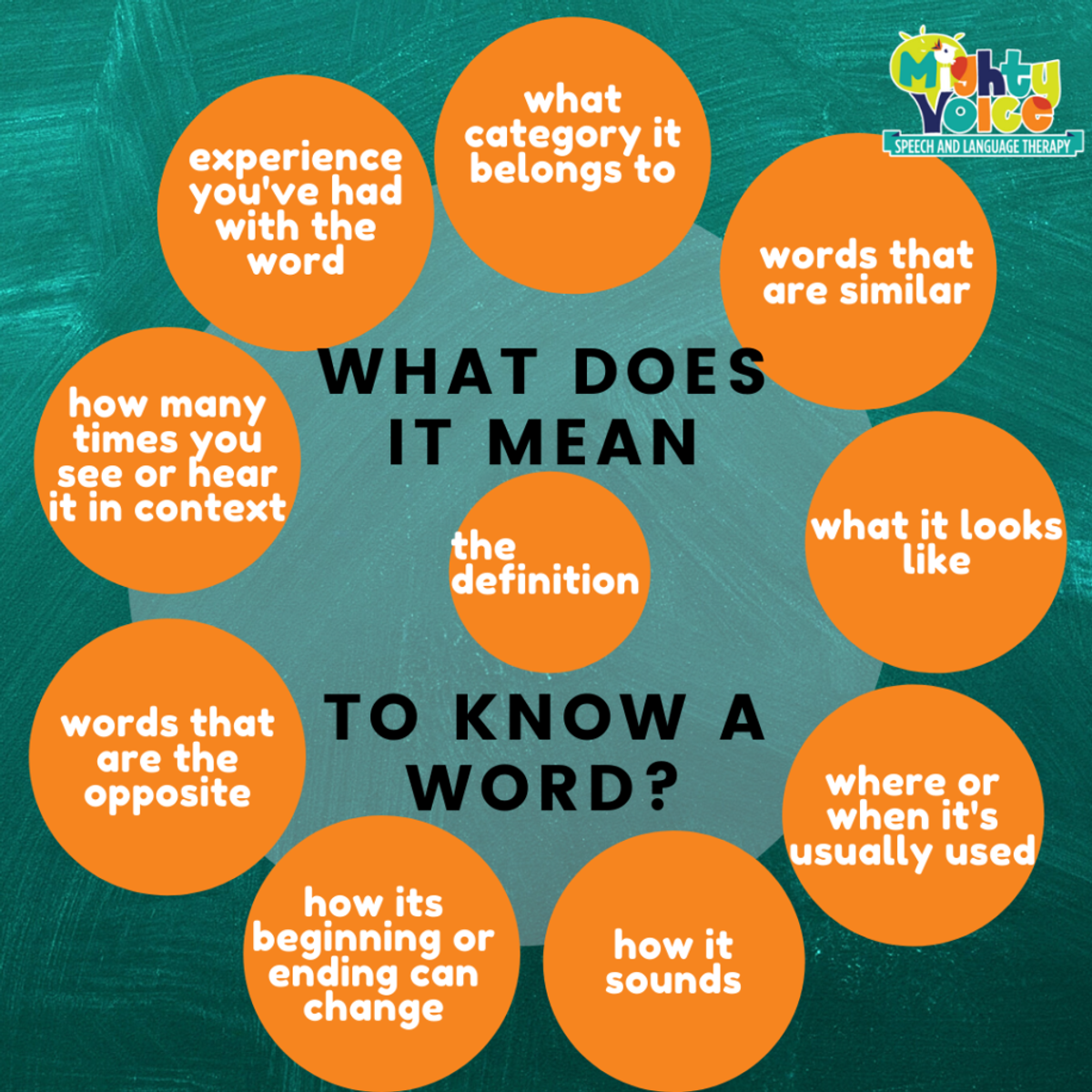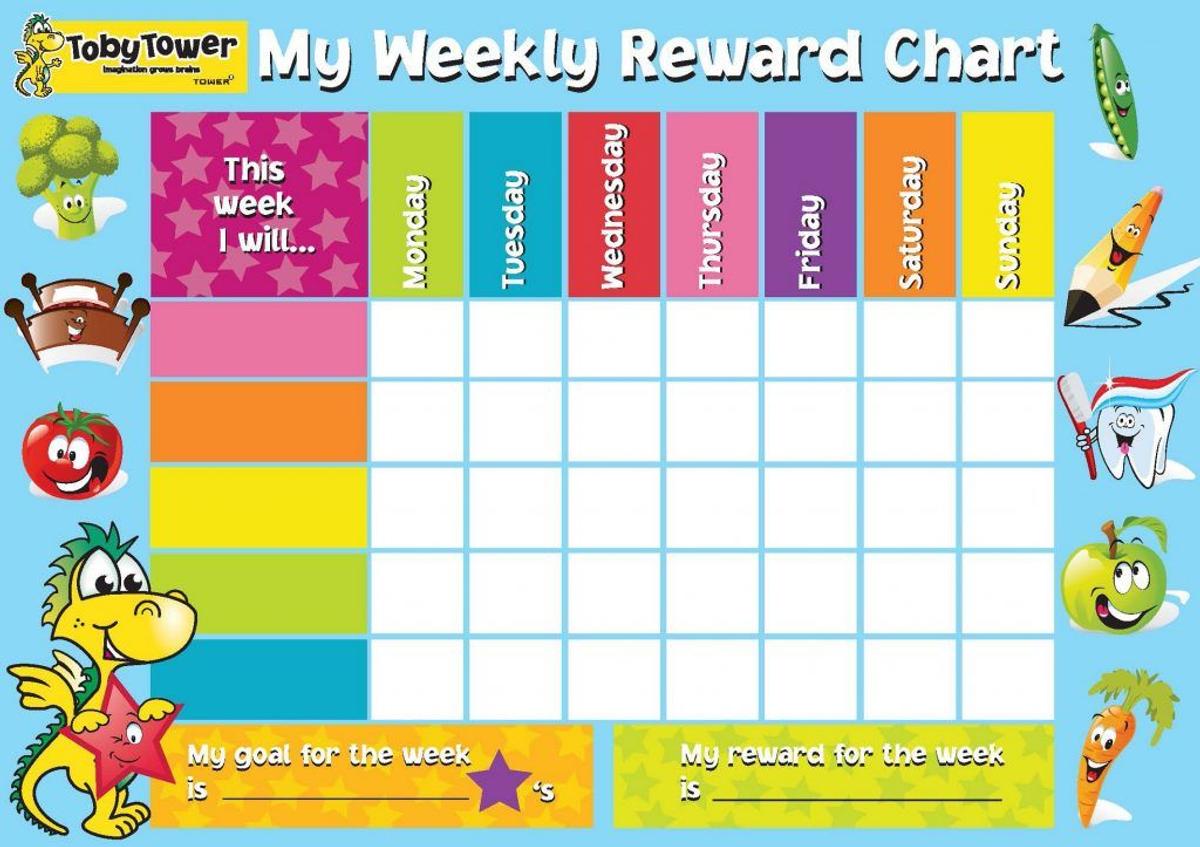Diverse Learning

Parent Read
Parents of gifted and twice exceptional (2e) children may find it no surprise that their children’s unique brains also come with some challenges when it comes to anxiety. In this article we’ll review the main factors that affect anxiety for gifted and 2e students as well as tips for parents for managing anxiety at home.
UNSW - GERRIC
The University of NSW (GERRIC) program is offered to gifted and talented students (students who can perform in the top 10% of their age-peers) in Years 3-10 at Australian primary, middle or secondary school. This is a school holiday program that expands the minds of bright, inquisitive individuals looking for an intellectual challenge that is more demanding and more fun than they may sometimes experience at school.
GERRIC Student Programs open a student's mind to abilities they may not have known they possess. At UNSW, gifted students meet others who share their interests and they are taught by educators who love working in this field. Our programs are offered on the UNSW campus and give students the opportunity to work on a small project.
The next GERRIC Student Programs will be held in January 2025 on the UNSW Kensington campus. More details will be provided in the GERRIC July 2024 newsletter which can be subscibed to through our mailing list.
Mrs Jo Ford | Newman Facilitator
What Can You Do If Your Child Gives Up Easily?
We all hate having to do things that we don't think we are good at. Children with Learning Difficulties are often very sensitive to the feeling that they are failing - especially if they feel like they are failing at a lot of different things.
IDEAS!
Things that you can do at home to help your child to keep going on hard tasks include:
- Encourage your child
Children need to feel like they are doing well at something or they will want to give up. Encouraging your child will make them want to keep trying with a task.
- Praise
Praise your child when they do something well. You can praise them for anything from paying attention, to trying hard, or getting the answer right. Try to make sure that getting the answer right is not the only thing for which you praise your child as this can be discouraging if they struggle with the task.
- When to praise
Praise your child every time they try at a task. Praise your child at least three times for very negative or corrective comment that you make.
- How to praise
Be as specific as possible. E.g. Instead of saying “well-done!” try saying something like “ I am very proud of you for trying so hard with your homework tonight even though it was really hard. You did a great job!”
If your child understands what they are doing well, then they are more likely to do it again.
- When your child gets stuck
Repeat the question.
Try slightly changing the words. E.g. If the question says: “ Replace the word lawn with another word that means the same” you could change the words by saying: “ They Want you to find another word that means lawn.”
Give examples.
This involves using a similar question to show the child how to work it out. E.g. The last question said to find a word that means the same as ”novel”... so we put it in a sentence: “ You can read a novel or you can read a ….” Now try this one colon “ You can mow the lawn or you can mow the ….”
- If your child still finds it hard
Give them hints.
Tell your child the sound that it starts with (or something about the object). E.g. “ It starts with a ”g” and you mow it with the lawn mower.”
Break up the question into shorter steps.
This is an important strategy for helping your child with maths problems or spelling rules. Go through each step of setting the maths problem down on paper and working it through. Use hands-on materials or pictures as needed. Children often need to practice each step over and over before they can do it by themselves.
It may also be helpful to only ask the child to do part of the sum at first and gradually increase how much your child is doing (and decrease how much you are doing!) until your child is eventually doing all the problem by themselves.
Give your child a choice and answers.
E.g. “ Would it be grass or a forest?”
Underline or emphasize the important words in the question
E.g. “ How many states are there in Australia?”
Ask your child if there are any words they don't understand and explain them.
Some children find it much more difficult to learn the meanings of new words than their friends.
Set realistic goals.
Make sure that your child understands what is expected of them. E. g. “ Tonight we are going to sit together and do the homework for 15 minutes. Yesterday you could do 3 maths questions and all your spelling words in that time. Let's see if we can do that much again tonight”. Using charts allows you to monitor how your child is going and also gives your child visual feedback on their progress.
These charts can also be used as part of a reward system. E.g. If the chart shows that your child has completed the set amount of homework 4 nights in a row then they can have a reward. Gradually increase the amount of work which you expect your child to do to earn a reward.
Remember - rewards don't have to cost money. Rewards can be anything from staying up late or having a friend over to being able to choose a movie that the family watches together.
Ms Janelle Schembri | Diverse Learning Coordinator







